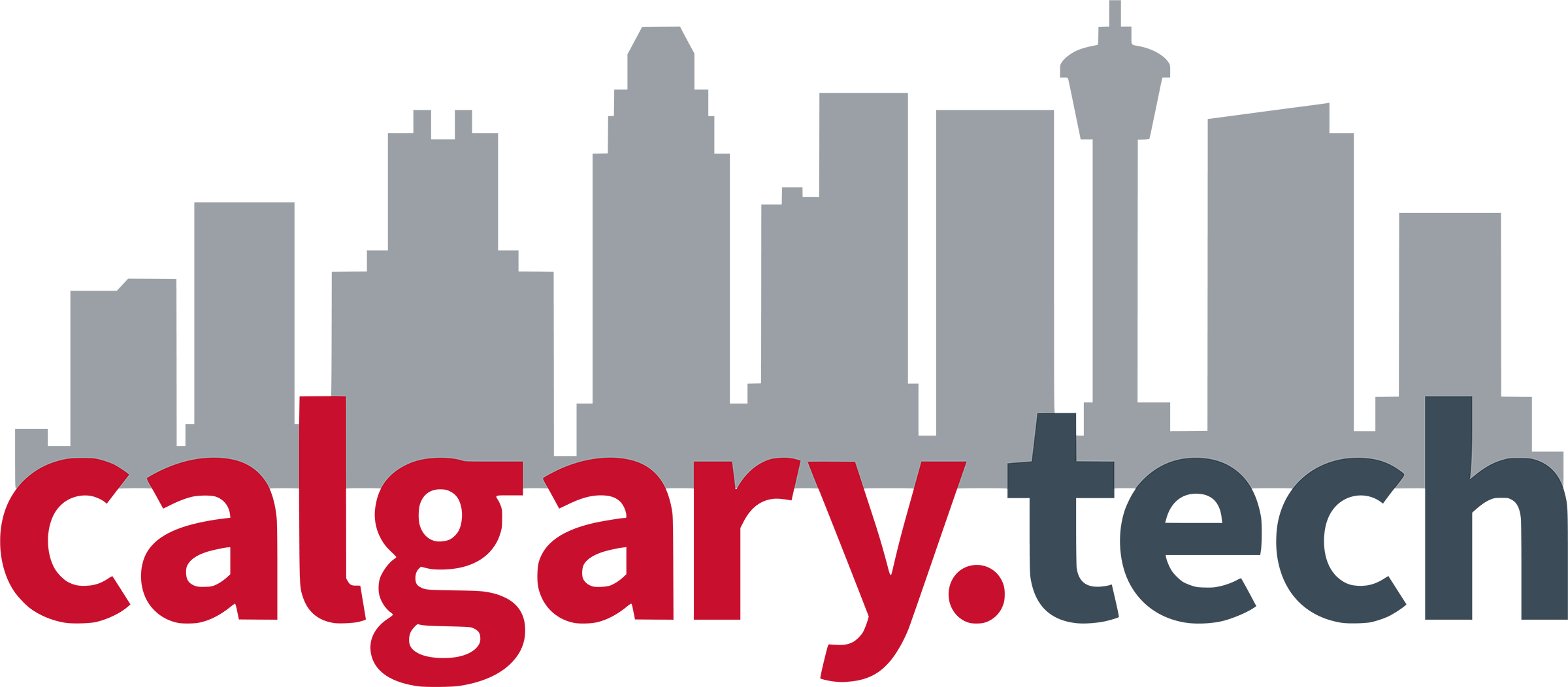
Alberta is home to one of Canada’s largest technology and startup hubs. The Calgary region in particular breeds top-notch startups who receive substantial funding from a supportive local ecosystem.
For example, fintech fledging Fillip raised capital from Calgary neighbours Thin Air Labs and 51 Ventures before earning top prize at Digital Commerce Bank Calgary’s inaugural Calgary Fintech Awards.
From there? “Growth,” affirmed CEO Alice Reimer.
Reimer believes Alberta’s “innovation ecosystem is one that enables entrepreneurs to start, scale, stay, and succeed.” And she appears to be correct.
Despite a “notable impact” of the Covid-19 Pandemic on Alberta’s economy, the province’s digital economy “remained resilient and thrived,” concluded a recent report from the Information and Communications Technology Council of Canada. From February 2020 to May 2022, participation in Alberta’s digital economy grew by nearly 18%, according to the report—titled A Resilient Recovery: Alberta’s Digital-Led Post-COVID Future—and employed an additional 30,000 Albertans. This was well ahead of overall economy growth.
There are now more than 2,800 technology companies in Alberta as of last year, according to research from PwC. This is a massive increase from 2016, when just 1,500 were counted. In the first quarter of 2022, Alberta experienced its highest quarterly investment on record, according to data from the Canadian Venture Capital Association. Through Q1, more than two dozen companies—half of which were in the technology sector—raised a combined $466 million.
Al Del Degan, cofounder of New Idea Machine, a custom development and mentorship startup in Calgary, notes how there are currently 2,500 open tech jobs in Calgary alone. He says many positions, such as senior software developer, are simply in short supply.
To address this, learning experience organization InceptionU and software development company New Idea Machine recently initiated a partnership that will see InceptionU graduates begin working on real software projects, gaining valuable experience until they’re able to find full-time employment.
“Our partnership creates a ‘finishing school’ for junior developers,” Del Degan explains. “We know the longer a new developer works with NIM, the more likely they are to find a job.”
InceptionU CEO Margo Purcell says the partnership benefits “the entire tech ecosystem” of Calgary because “it’s a regenerative model.”
“It serves individuals as well as the tech ecosystem—the companies don’t have the bandwidth to continue to develop people and it benefits individuals because they have oversight to continue learning and they can earn a livelihood while looking for full-time work,” stated Purcell.
Meanwhile, major investments like the Province’s quantum physics hub further drive innovation and hiring in the region.
Calgary as Quantum City? This is the high-tech vision that ambitious locals such as University of Calgary president Ed McCauley have.
“We’re starting something big,” he believes.
No wonder outside firms like San Francisco’s Unity Technologies are drawn to the region. Earlier this year, the real-time 3D content company cut the ribbon on 25,000 square feet for the new Innovation Centre for Digital Transformation in Brookfield Place in Calgary.
Brad Parry, president and CEO of CED, predicted Unity’s investment would lead to other companies coming to Calgary’s downtown.
“It’s the hive effect,” he stated in March. “You get companies like Unity show up and then you start to get other companies that want to be around them and be close to them and build on top of their technology.”
Global tech consulting firm Infosys opened the Infosys Digital Centre in Calgary in September, promising up to 1,000 jobs over the next few years.
“We chose to open in Calgary because it is a center of tech excellence with rich IT talent and a strategic location that enables us to scale work with clients across key industries, such as energy, natural resources, and agriculture,” stated company president Ravi Kumar.
The Calgary Centre is located in Gulf Canada Square in the city’s downtown commercial district. It will train and up-skill Infosys and client employees in the technologies required to help Canadian businesses accelerate their digital transformation.
“Calgary’s IT innovation potential is unlimited,” added Kumar, “and we are delighted to be a part of its future.”
Even more recently, AI-powered order-to-cash platform Sidetrade announced an investment of $24 million across three years to develop a new North American headquarters in Calgary. For their offices, Sidetrade chose the Ampersand building in downtown Calgary, which is ranked among the Top 50 North American Markets for Tech Talent, and was recently revealed as the third best place in the world to live by Economist Intelligence.
“As our reputation for innovation grows, more companies like Sidetrade are recognizing the competitive advantage Calgary offers given our deep talent pool, our infrastructure, and the low cost of doing business,” Mayor Jyoti Gondek stated earlier this month.
The momentum of Calgary technology is a force to be reckoned with.


Leave a Reply